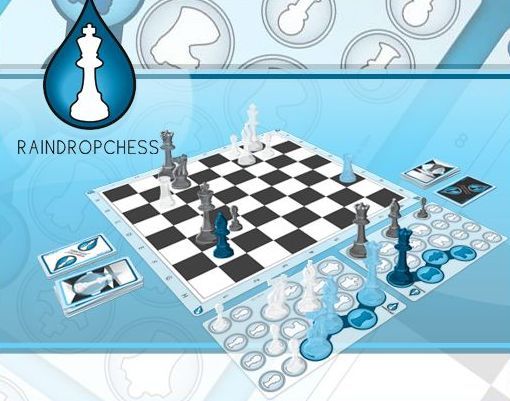I published my autobiography, Profession: Chessplayer, in 2009, a time I believed the most suitable to take stock of my life. My career as a player had fi nished much earlier; as a coach and captain I achieved sensational success with Team Ukraine when we won the 2004 Chess Olympiad, but we never came close to repeating this triumph, so it was no accident that I completed my 2009 book with a chapter on our win in Calvia. However life takes an unpredictable turn every now and then, and in 2010 Ukraine repeated its success at the Khanty-Mansiysk Olympiad. Even though I was soon forced to leave the team, my coaching career did not end. In the years that followed I worked with many elite players, either as captain of various teams or as personal coach. Many events took place; some brought me joy, others sorrow. Achievements make our life happier; the inevitable defeats force us to examine mistakes and to improve. Th e two books I have written in recent years (Modern Chess Preparation and Risk and Bluff in Chess) have their roots in these experiences and contain my refl ections on chess players’ preparation and the secrets of success. The chess world has expanded enormously in recent years. Some 30–40 years ago the elite comprised almost exclusively Soviet chess players. Who would have predicted then that the World Champion would be Norwegian and representatives of the Philippines, China and India would be in the Top Ten!?
The perpetual domination of the Soviet Union is usually explained by invoking the notion of a mysterious and powerful ‘Soviet School of Chess’, but actually the phenomenon was extremely simple: in the Soviet Union the state cared so much about the game and its status that playing chess became a very attractive and prestigious prospect for children and their parents, hence a large number of professional players and coaches emerged. Nothing of this kind happened in the West, where chess talents were mostly left to their own devices. Naturally, competition between chess professionals and amateurs ended with predictable results. The USSR was rich in talented soloists, had a wealth of conscientious orchestra members and enough excellent conductors, i.e. chess coaches; the rest of the world sometimes gave birth to stars, but never had conductors or supporting cast.
Table of contents
Key to symbols 5
Preface 7
PART I. CAPTAIN
Ukraine: Triumphs and Disappointments 13
SOCAR, a Star-studded Team 67
Azerbaijan, a Force of Nature 72
The Netherlands — Tea(m) Spirit 138
PART II. COACH
Efim Geller — A False Start 157
Vitaly Tseshkovsky — A Breakthrough That Failed 161
Mark Dvoretsky — A Professional in Action 168
Viktor Korchnoi — In Love With Chess 172
Anatoly Karpov — The Sublime and the Mundane 185
Anish Giri — A Wise Talent 208
Anand and Giri 231
Wesley So — An Online Romance 290
 Excerpt
Excerpt


